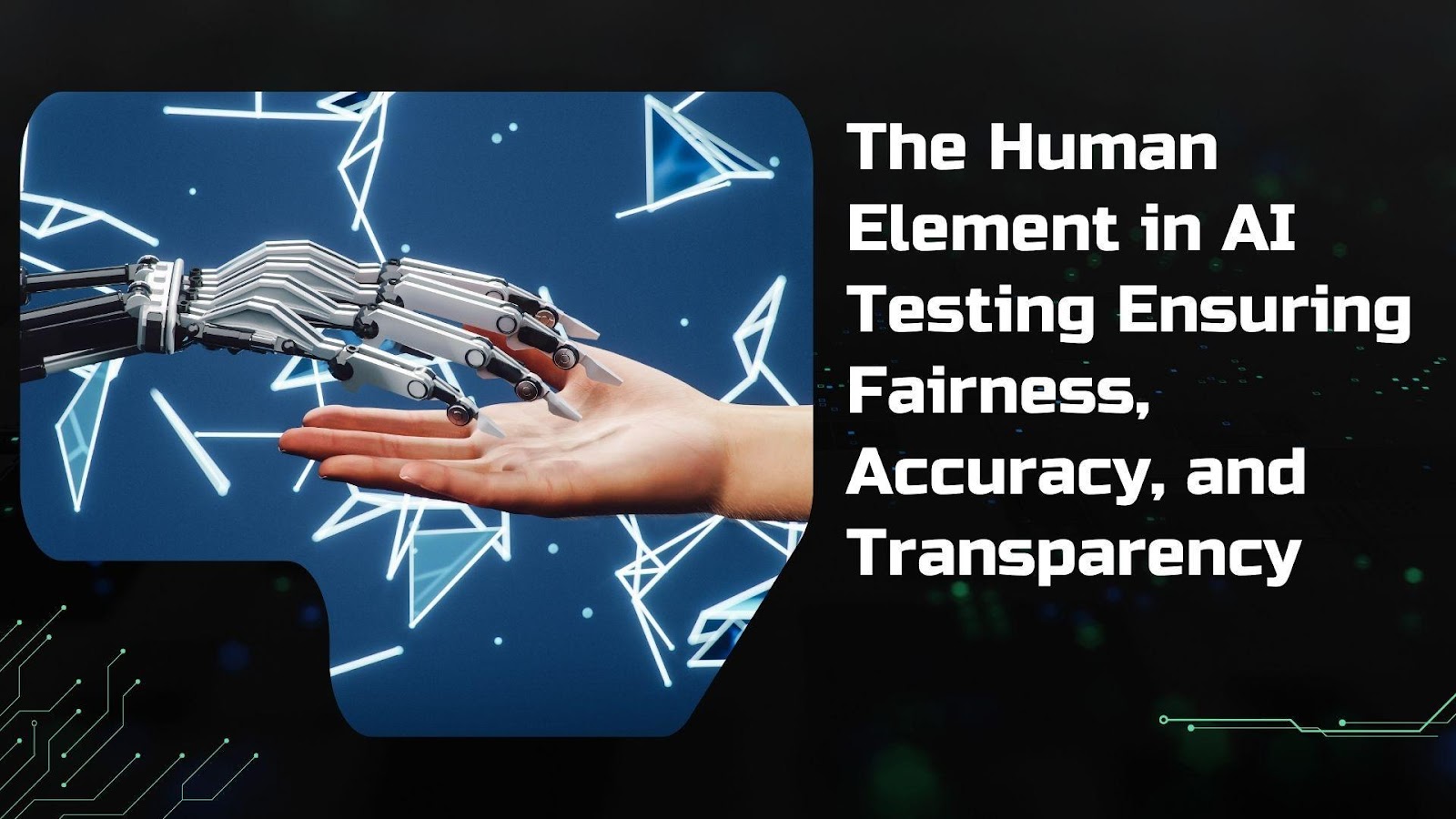In this modern era, as artificial intelligence (AI) continues to integrate into various industries, Ashwin Choubey explores the critical role human testers play in ensuring AI systems’ reliability, fairness, and transparency. With AI set to revolutionize sectors like healthcare, finance, and human resources, it is crucial to examine how human oversight remains indispensable in AI testing, preventing biases and ethical pitfalls automated systems often miss. Human testers are essential in addressing complex challenges that machines alone cannot fully comprehend, ensuring AI systems align with societal and ethical standards.
The Need for Human-Centric AI Testing
AI’s rapid development is driving a profound shift in industries across the globe. By 2027, the global AI market is expected to reach $990 billion, reflecting a surge in AI adoption. While AI systems have demonstrated impressive capabilities, especially in healthcare diagnostics and financial risk management, the technology’s widespread implementation comes with inherent risks, notably bias in machine learning models. Studies show that fairness metrics in AI can vary between 15% and 35%, especially in sensitive areas such as credit scoring and hiring processes. This highlights the need for rigorous, human-led testing that ensures AI systems remain fair, transparent, and accountable.
Automated testing tools have improved in efficiency, but they still struggle with detecting cultural nuances, contextual issues, and subtle ethical concerns that human testers excel at. The human element is crucial for identifying edge cases, biases, and societal impacts that AI systems alone cannot assess. Recent studies have shown that human involvement can reduce bias in AI models by up to 60%, improving the fairness of decision-making processes across various applications. Additionally, human testers ensure that AI solutions align with societal expectations and legal frameworks, maintaining trust in technology.
The Essential Role of Human Testers in Bias Detection
Human testers are instrumental in identifying and mitigating biases that can arise in AI models, particularly in the context of recruitment and HR management. In fact, human testers have proven to be far more effective at identifying societal and cultural biases in AI systems than automated methods. A systematic review found that human testers detected cultural and societal biases in 76.5% of cases where automated testing missed these issues. Human intervention led to a significant reduction in biased decision-making, reducing unfair hiring practices by 58%.
Ethical and Transparency Considerations
Human testers also play a key role in ethical oversight, especially in high-stakes applications like healthcare and finance. In healthcare, human testers were able to identify privacy concerns and potential algorithmic biases in patient care scenarios with 79% accuracy, significantly reducing the risk of privacy violations. Furthermore, human testers have been crucial in resolving ethical conflicts in AI systems. In medical decision-making, human evaluators resolved 75% of ethical issues, ensuring that patient care recommendations adhere to established ethical guidelines. This active involvement ensures that AI systems remain aligned with evolving ethical standards and patient-centric care values.
A Collaborative Approach for Future Testing
The future of AI testing lies in the collaboration between human expertise and AI capabilities. While automated systems can process large datasets quickly and efficiently, human testers provide the nuanced understanding required to ensure fairness, detect subtle biases, and address ethical concerns. Collaborative testing approaches that combine the strengths of both human and AI systems have been shown to improve testing outcomes significantly. By enhancing human-AI cooperation, organizations can identify issues more efficiently while ensuring systems are aligned with human values.
In conclusion, as AI continues to evolve, human oversight remains essential in ensuring fairness, accuracy, and transparency. While automation enhances efficiency, it cannot replace human judgment in detecting biases and ethical concerns. Organizations must integrate human testers into AI development to build trust and accountability. The future of AI testing lies in a balanced collaboration between technology and human expertise, shaping ethical and responsible AI systems for generations to come.

































